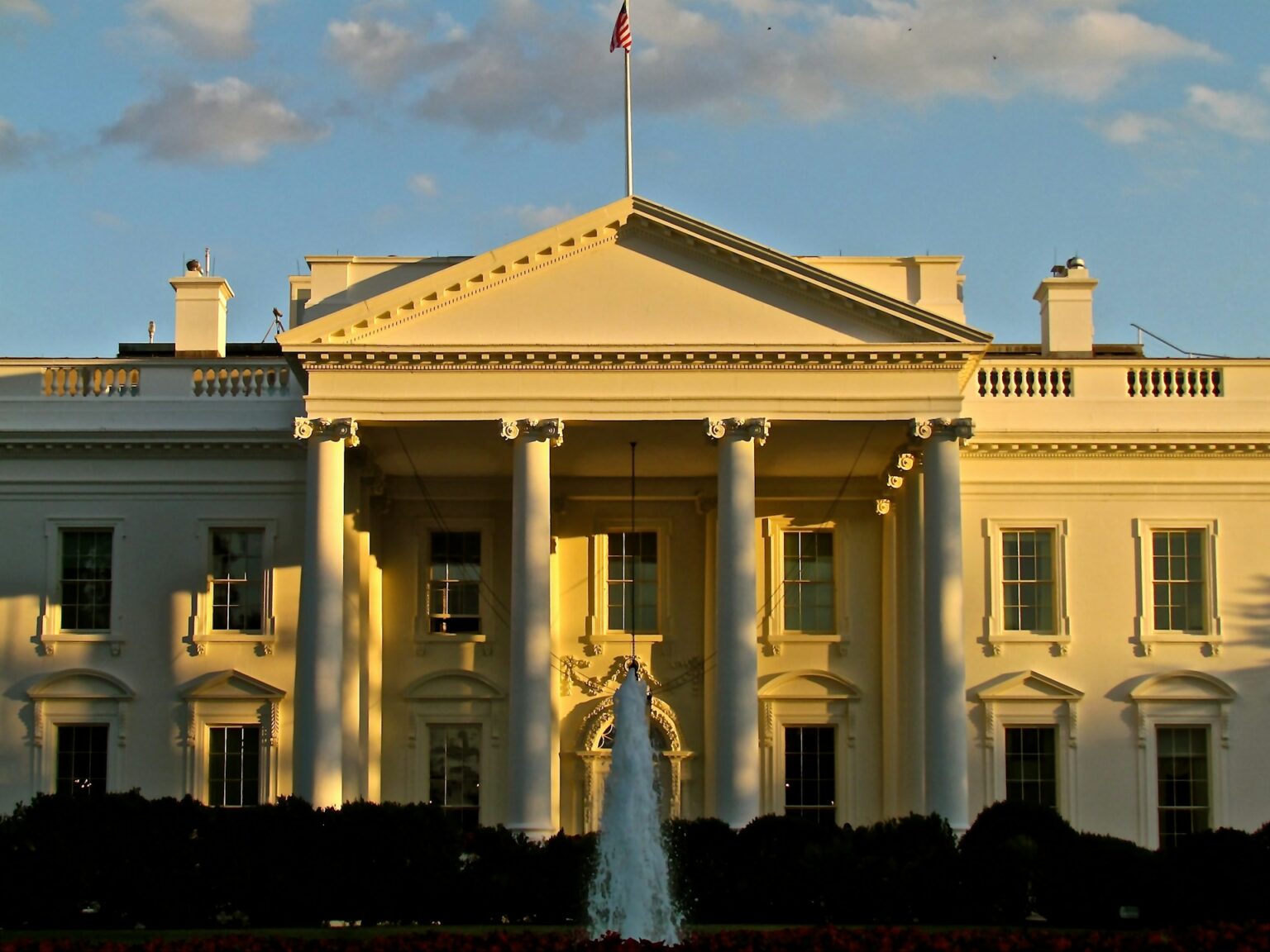In an era marked by rapid technological advancements, the financial sector is undergoing a transformative shift towards digital assets. This change is creating new opportunities for market regulators like the Commodity Futures Trading Commission (CFTC) to redefine their roles. At the forefront of this transformation is the search for leadership that is both innovative and crypto-friendly. As the White House explores potential candidates to lead the CFTC, the stakes are high. This selection process could shape the future of cryptocurrency regulation in the United States, influencing both market dynamics and investor confidence.
CFTC Leadership: Navigating the Crypto Regulatory Shift
The White House’s Search for Cryptocurrency Advocates
Amidst ongoing changes in the digital finance landscape, the White House is reportedly evaluating candidates to lead the CFTC, an agency crucial in the oversight of the burgeoning cryptocurrency market. This step comes as the confirmation of the current nominee, Brian Quintenz, remains stalled. The delay is prompting the administration to consider individuals who can align the agency’s direction with the rapid growth of digital assets. Among the contenders is Michael Selig, chief counsel to the SEC’s Crypto Task Force, and Tyler Williams, counselor to Treasury Secretary Scott Bessent on digital asset policy. These candidates are seen as pivotal in expanding the CFTC’s oversight capabilities, especially given the expected shift of crypto market oversight responsibilities to the agency.
Operational Challenges and Market Implications
The leadership vacuum at the CFTC has resulted in operational challenges, with acting Chair Caroline Pham expected to depart once a permanent leader is appointed. This scenario has created difficulties in executing essential agency functions. The issue is compounded by the fact that the confirmation process has been delayed, reportedly due to influence from key industry figures like the Winklevoss twins, co-founders of Gemini. Their concerns about Quintenz’s potential impact on the CFTC’s regulatory approach have seemingly prompted the administration to reevaluate its options.
Industry Support and Political Dynamics
Despite the challenges, industry support for Brian Quintenz remains strong. Numerous crypto organizations have voiced their backing, highlighting his extensive experience and vision for digital asset regulation. A letter of support to the President emphasized Quintenz’s preparedness to lead the CFTC towards establishing secure and transparent markets. However, the complex interplay of political dynamics, industry lobbying, and strategic considerations continues to influence the administration’s decision-making process.
Implications for the Crypto Industry
The eventual choice for CFTC leadership is likely to have significant implications for the cryptocurrency industry. A leader with a progressive stance on crypto could drive regulatory clarity and enhance the U.S.’s position as a global leader in digital finance. Conversely, a more conservative approach might slow innovation and deter investment. As such, the outcome of this leadership selection process is eagerly anticipated by stakeholders across the financial sector.
What is the role of the CFTC in cryptocurrency regulation?
The CFTC’s role in cryptocurrency regulation involves overseeing derivatives markets, such as futures and swaps, that involve digital assets. The agency aims to ensure market integrity, protect consumers, and prevent fraudulent activities within these markets.
Why was Brian Quintenz’s confirmation delayed?
Brian Quintenz’s confirmation was delayed due to concerns expressed by the Winklevoss twins, who believed he would not drive significant changes needed in the CFTC’s approach to crypto regulation. This prompted the White House to consider alternative candidates more aligned with its crypto-friendly agenda.
What could a crypto-friendly leader bring to the CFTC?
A crypto-friendly leader at the CFTC could facilitate more innovative regulatory frameworks that support the growth of digital assets. This leadership might enhance market transparency, reduce regulatory ambiguities, and position the U.S. as a pioneer in digital finance.
In summary, this guide details the potential shifts within the CFTC as it seeks new leadership amidst the evolving crypto landscape. By exploring the agency’s role, leadership considerations, and market implications, the guide aims to provide clarity to stakeholders navigating these changes.

